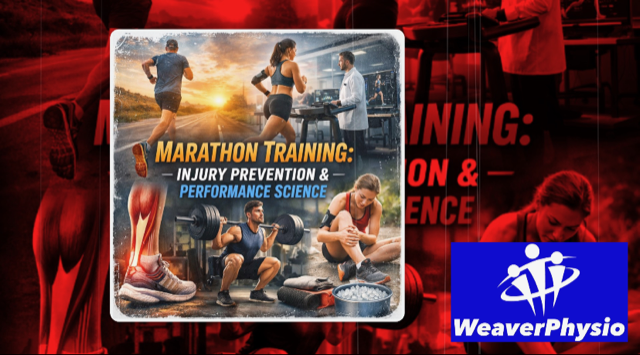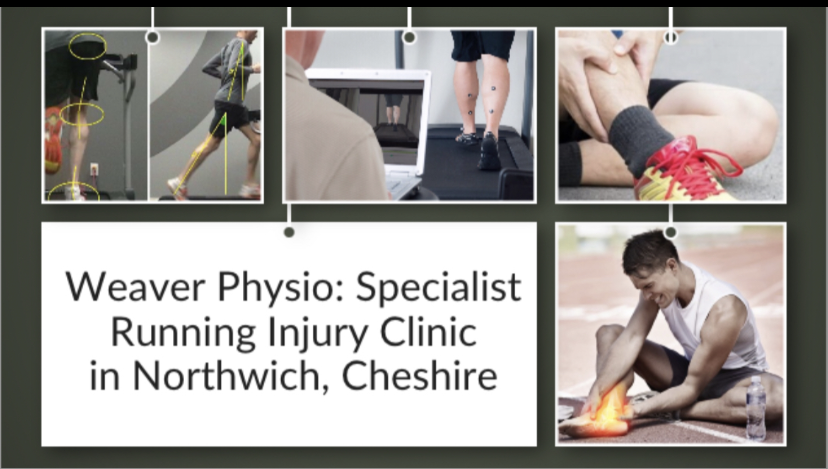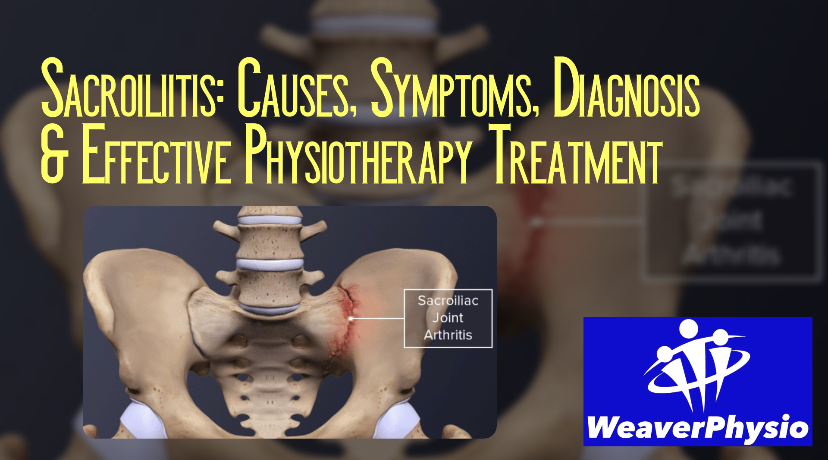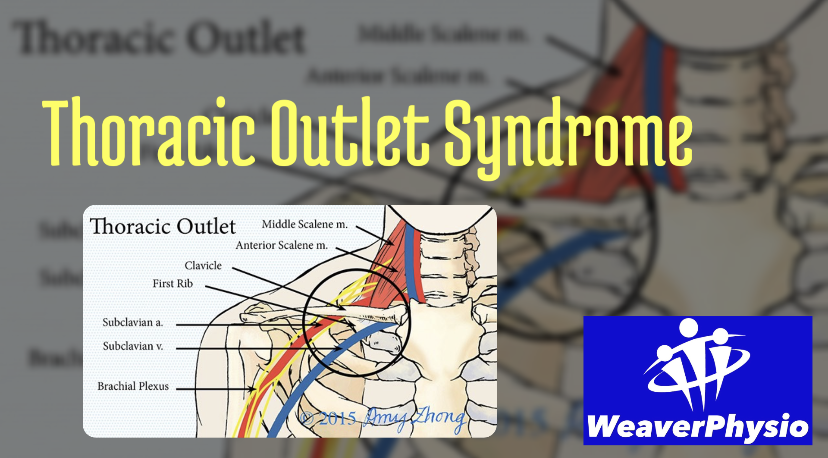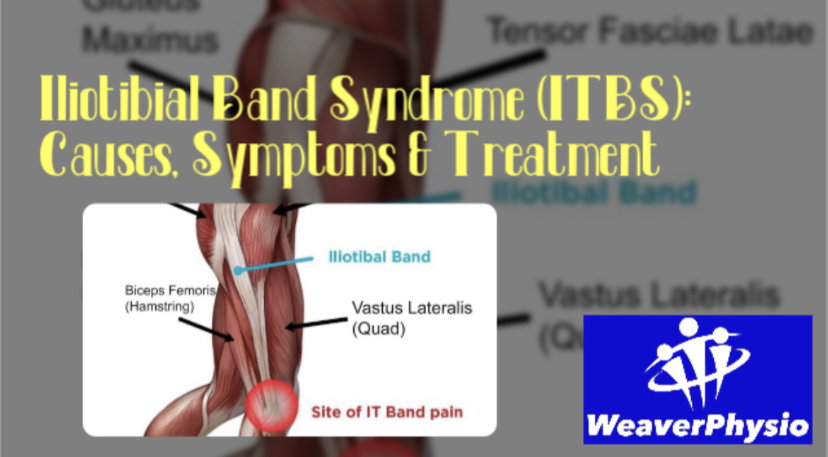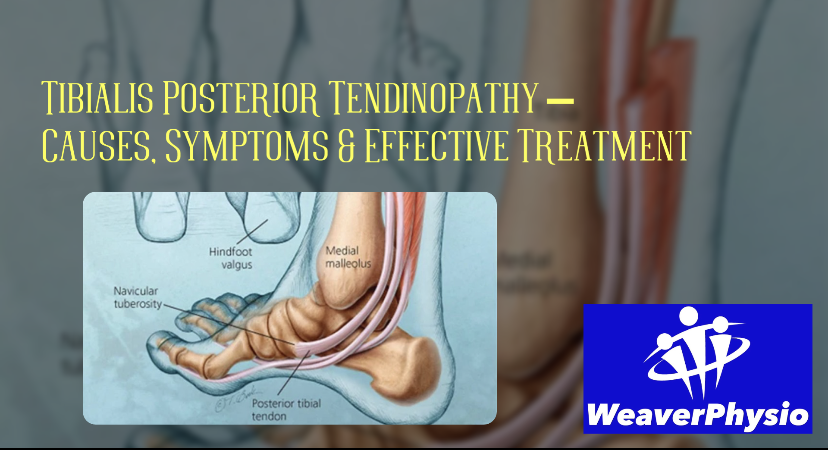Sink or Swim
Sink or Swim? Preventing & Treating Swimming Injuries at Weaver Physio

Swimming is one of the most widely enjoyed forms of exercise worldwide. Whether you’re training in a pool, open water, or simply swimming for fitness and stress relief, it’s a low-impact, full-body workout that offers incredible health benefits. But even low-impact sports come with their own injury risks—especially when it comes to overuse injuries in the shoulders, knees, neck, and back.
At Weaver Physio, we specialise in diagnosing, treating, and preventing swimming-related injuries through expert physiotherapy in Northwich, helping swimmers of all levels stay active, pain-free, and in peak condition.
Common Swimming Injuries
1. Swimmer’s Shoulder
The most common injury among swimmers, “swimmer’s shoulder” refers to a range of shoulder conditions caused by repetitive overhead arm movement. This overuse places stress on muscles, tendons, and joint structures, often leading to pain, impingement, and inflammation. All strokes can contribute, particularly freestyle and butterfly.
2. Swimmer’s Knee
Often seen in breaststroke swimmers, inner knee pain results from the repeated rotational force on the knee during the kick phase. Poor biomechanics and tight hip muscles can increase the risk of strain.
3. Neck & Lower Back Pain
Poor posture on land and weak stabilising muscles can lead to neck and lumbar spine issues. These often surface in the water, especially if core strength and spinal alignment are compromised.
Rehabilitation at Weaver Physio
Ignoring early signs of pain can result in longer recovery periods. At Weaver Physio in Northwich, our personalised rehabilitation programs focus on restoring movement, reducing pain, and correcting underlying causes such as poor technique or muscle imbalances. We use hands-on physiotherapy, corrective exercises, and injury education to help you return to swimming stronger than before.
Don’t Let Muscle Imbalances Drown You
Swimming’s repetitive movements often lead to strength imbalances between muscle groups. Our expert team identifies these imbalances and develops targeted strengthening and stretching plans to restore proper joint support and prevent recurring injuries.
Prehabilitation – Prevention is Better Than Cure
Our Northwich-based physiotherapists strongly recommend prehabilitation for swimmers. This includes regular mobility work, strengthening exercises, sports massage, and physiotherapy check-ins to address tightness, improve stroke mechanics, and keep your training on track. Think of it as injury insurance for long-term performance.
Download Our Free Swimming Injury Resources
We’ve created a suite of free resources including:
• Common swimming injury guides
• Stroke technique correction tips
• Home exercises for injury prevention and rehab
If you’re experiencing shoulder, knee, back, or neck pain from swimming, or want to avoid injury altogether, our specialist team at Weaver Physio is here to help. Get in touch to request our free injury leaflets or book an assessment with one of our expert physiotherapists.
Swim smarter. Recover faster. Stay pain-free with expert physiotherapy at Weaver Physio in Northwich.


